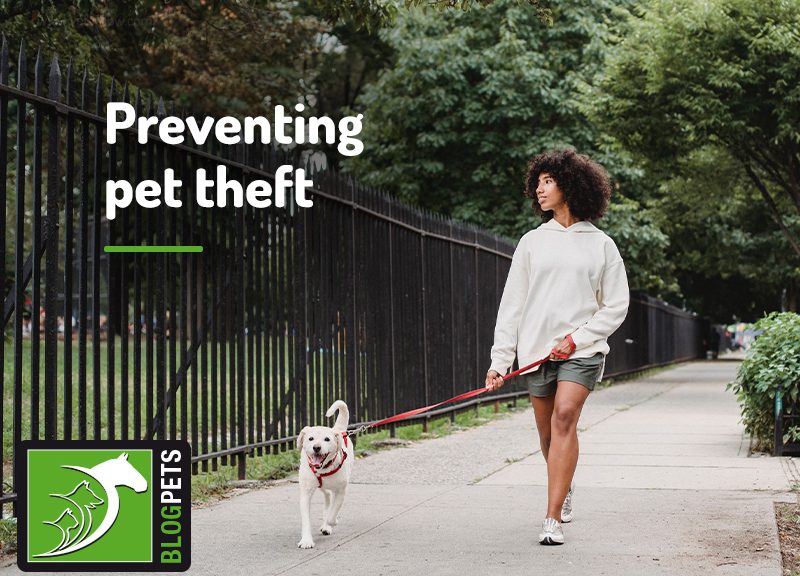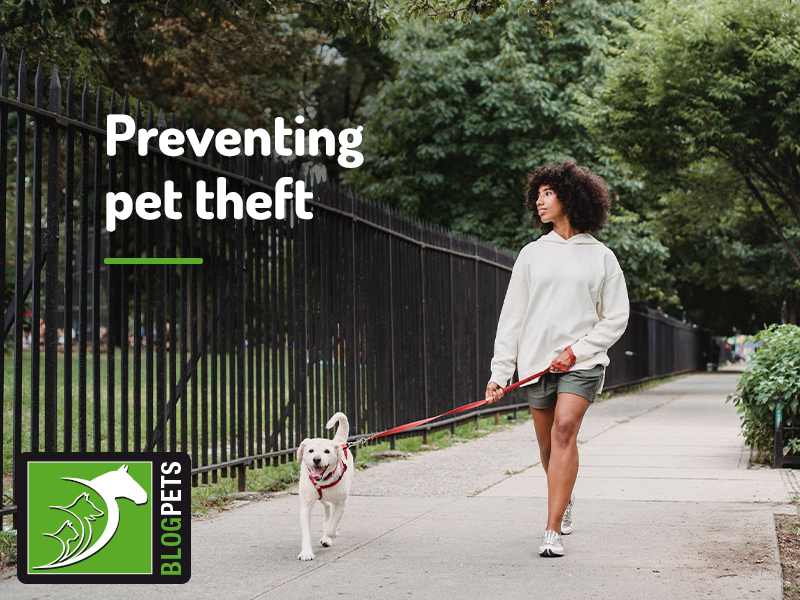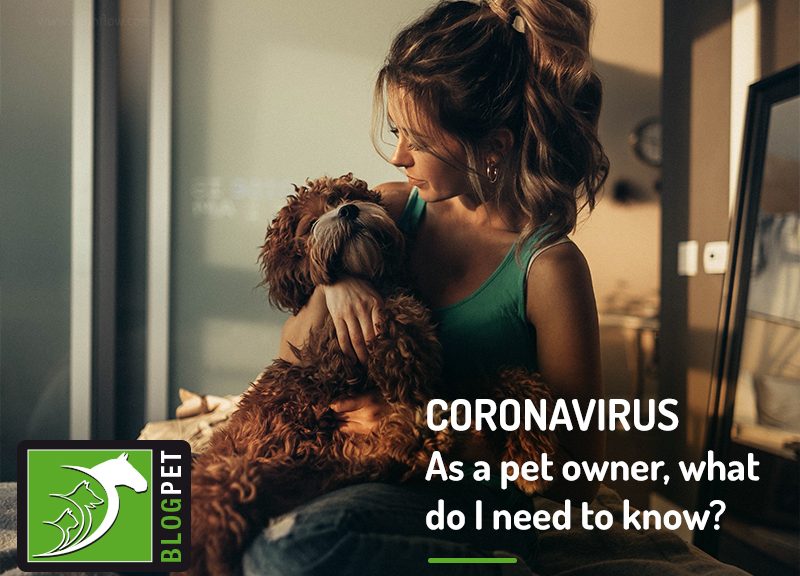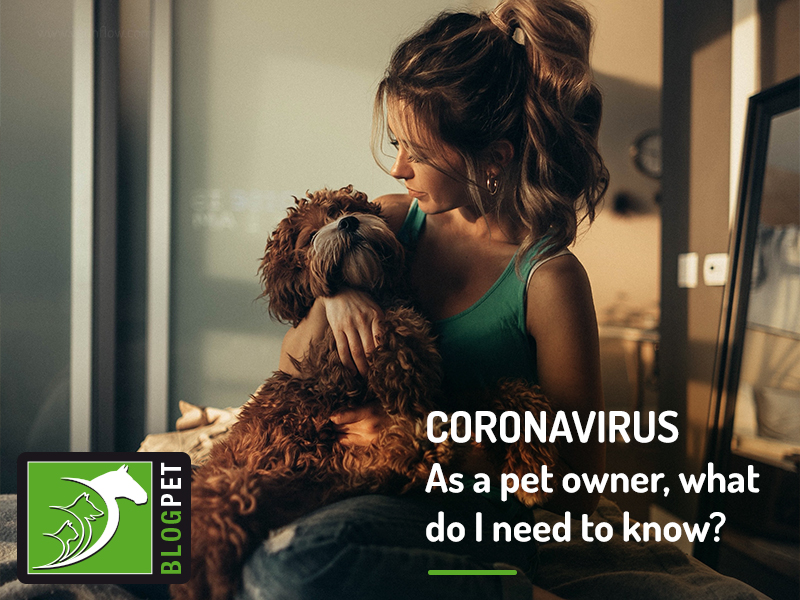If there’s one good thing that came out of this pandemic, it would have to be a strengthened relationship between ourselves and our pets.
Pets have provided us with an unparalleled source of company and support in these challenging times, which we believe to be related to the increased demand for pets that we’ve seen in the past year.
However, as with any other situation in life, there are positives and negatives, which leads us to today’s blog post about pet theft.
According to the charity DogLost, reports of pet theft have increased by 170% in the last year.
As pet owners, we can only imagine how horrifying it must be to have your pet stolen, so we’d like to share our top four tips to help you keep your pets safe.
# 1: Safety while out and about
Before taking your dog for a walk, make sure that they are wearing their ID tags.
There are a number of precautions that you can take while out on a walk with your dogs to maximise your safety, including:
• Walking your dogs on a lead in public places
• Walking your dogs around other people, in well-lit places
• While playing fetch, not throwing their toys too far away
• Avoiding having a fixed walking routine
• Avoiding posting your location on Social Media
• Not leaving your dogs tied up outside when you go into a shop
#2: Pet training
There is one command that can be invaluable in these situations, which is a good recall. If you’re out playing with your dog off lead and you notice a stranger approaching, call your dog and keep them near you and out of other people’s reach.
#3: Home safety
Unfortunately, we can’t help but mention that not all cases of pet theft occur on the streets or in public gardens and that there are individuals who will break into your home to steal your dog if they find the opportunity to do so. If your pet is home alone, make sure to leave the doors locked and your windows secured. If you have an alarm, remember to turn it on.
#4: Identification
This will not prevent your pet from being stolen, but having your pet microchipped will be instrumental in reuniting you after they are hopefully found. Make sure that your contact information is updated with the microchip company as well as your vet.
One last thing worth mentioning is that dogs of popular breeds such as French bulldogs and Pugs, for example, as well as unneutered dogs, may be at increased risk of theft.
However, pet theft is something that can happen to anyone, so we hope that you follow our tips and never have any problems with this type of crime.



